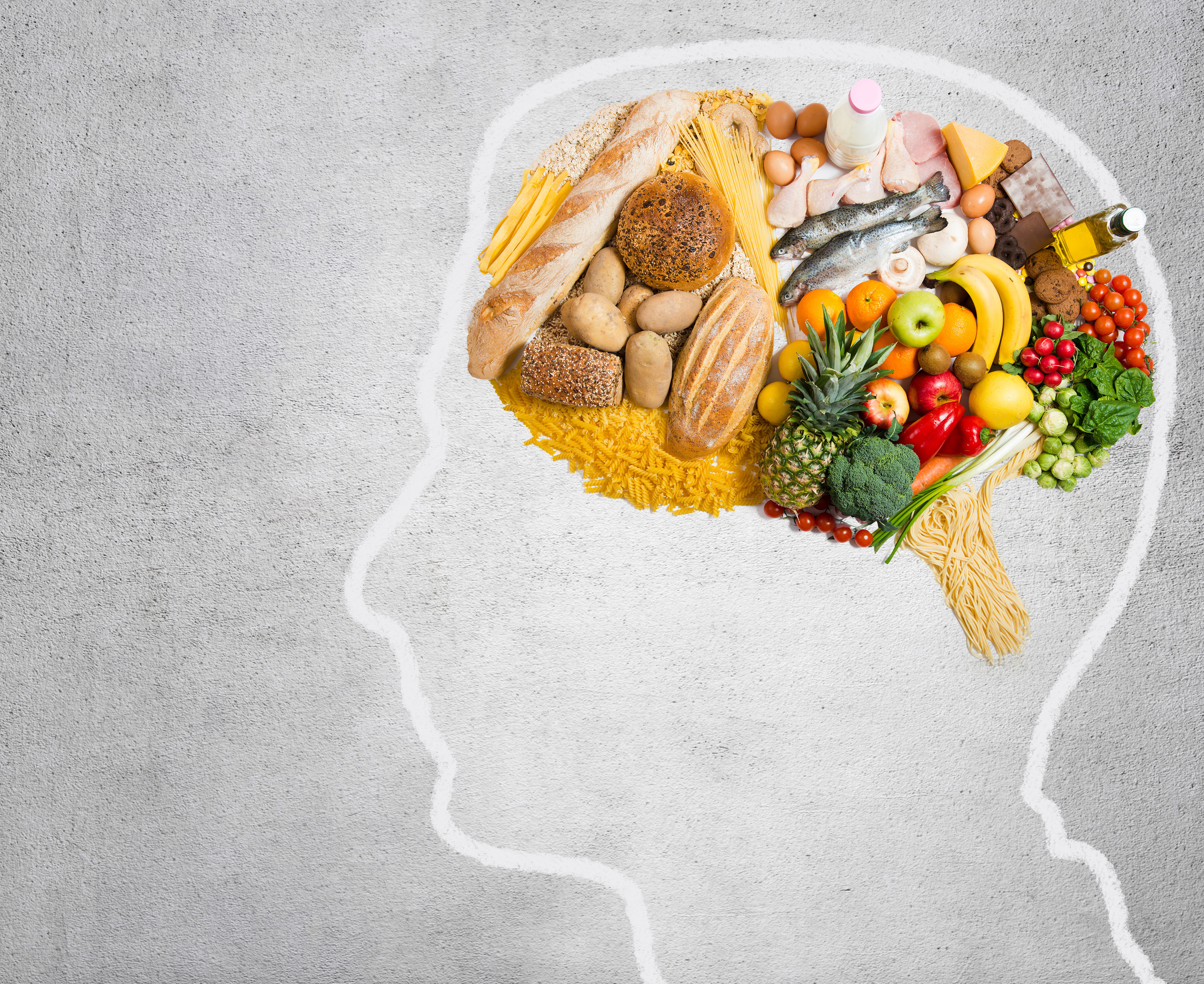Nutrition plays a crucial role in maintaining our overall health and well-being. It is the science that examines the interaction between food and our bodies, including how our bodies utilize nutrients for growth, development, and optimal functioning. In this blog, we will delve into the fundamentals of nutrition and explore its different types to help you make informed choices for a healthier lifestyle.
What is Nutrition?
Nutrition refers to the process of obtaining, assimilating, utilizing, and excreting nutrients from food. Nutrients are substances present in food that provide the essential components our bodies need to function correctly. These include carbohydrates, proteins, fats, vitamins, minerals, and water. By consuming a balanced diet, we ensure our bodies receive these vital nutrients in appropriate proportions.
Types of Nutrition
- Macronutrients: Macronutrients are nutrients required in large quantities to provide energy, support growth, and maintain bodily functions. There are three primary macronutrients:
a. Carbohydrates: Carbohydrates are the body’s primary source of energy. They are found in foods like grains, fruits, vegetables, and legumes. Whole grains and complex carbohydrates are preferred over refined sugars and processed foods.
b. Proteins: Proteins are essential for building and repairing tissues, producing enzymes and hormones, and supporting a healthy immune system. Good sources of protein include lean meats, poultry, fish, dairy products, legumes, and nuts.
c. Fats: While often associated with negative connotations, healthy fats are vital for maintaining cell structure, insulating organs, and absorbing fat-soluble vitamins. Sources of healthy fats include avocados, nuts, seeds, olive oil, and fatty fish like salmon.
 Micronutrients: Micronutrients are nutrients required in smaller quantities, but they are equally important for proper bodily functions. They include vitamins and minerals:
Micronutrients: Micronutrients are nutrients required in smaller quantities, but they are equally important for proper bodily functions. They include vitamins and minerals:
a. Vitamins: Vitamins are organic compounds that regulate various bodily processes. They are classified as water-soluble (e.g., vitamin C and B-complex vitamins) and fat-soluble (e.g., vitamins A, D, E, and K). Fruits, vegetables, whole grains, and dairy products are excellent sources of vitamins.
b. Minerals: Minerals are inorganic substances that play vital roles in maintaining bone health, fluid balance, nerve function, and more. Common minerals include calcium, iron, zinc, magnesium, and potassium. They can be obtained from sources such as dairy products, leafy greens, nuts, and seeds.
- Water: Water is often overlooked, but it is crucial for our bodies to function optimally. It helps regulate body temperature, transport nutrients, remove waste, and lubricate joints. Staying hydrated is essential, and drinking an adequate amount of water daily is key to achieving good overall health.
Conclusion
To make informed dietary choices, it is essential to understand the various types of nutrition. Maintaining optimal health and well-being relies heavily on a balanced diet that includes the right proportions of macronutrients, micronutrients, and water. Additionally, by incorporating a variety of nutrient-rich foods into our meals, we can ensure our bodies receive the necessary fuel to thrive. Seek personalized nutrition advice based on your specific needs and health goals from a healthcare professional or a registered dietitian as it is important. So, why wait? Start your journey towards a healthier lifestyle today by embracing the power of nutrition.


